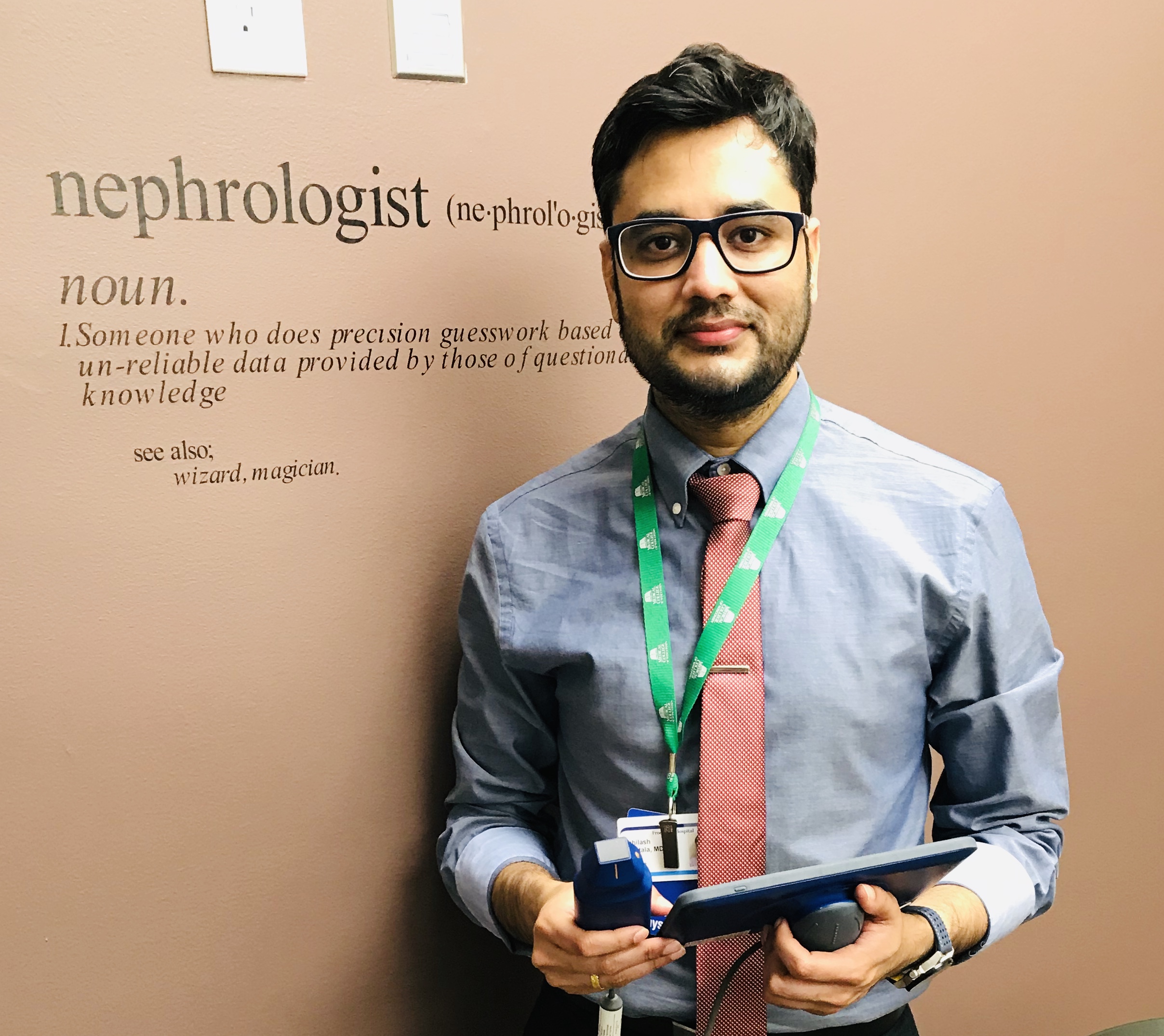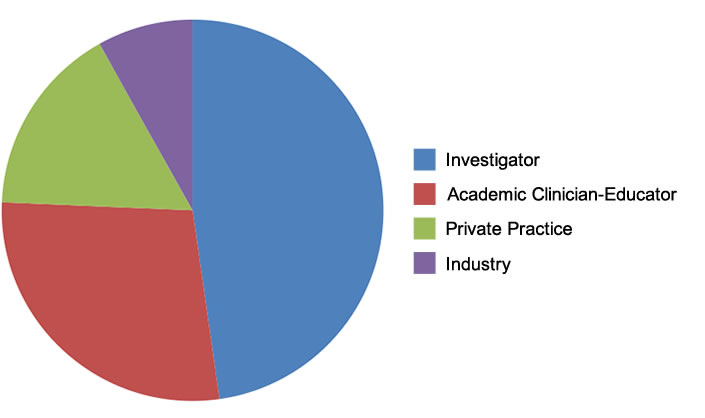- Joined
- Apr 5, 2012
- Messages
- 1,882
- Reaction score
- 1,721

About
Welcome to NephroPOCUS.com, winner of the 2020 American Society of Nephrology Innovations in Kidney Education award as well as Nathan Hellman Social Media Project of the Year award by NephJC. The p…
 nephropocus.com
nephropocus.com
This is a great POCUS for nephrologist blog/website.
More and more academic nephrology programs are beginning to add faculty who are trained in POCUS (if not necessarily board certified - which no such BC exists outside of the ICU advanced critical care echo certification by the ASE which also includes lung U/S as well asthe Emory course and ASDIN BC - but you do not need BC to do POCUS - you just should not bill for it and write formal reports unless you are BC) which is a boon
I would suggest that any renal applicant to make it a point to ask about their POCUS curriculum and rank a place higher accordingly.
with $2000 butterfly IQ ultrasounds (which is more than enough for renal purposes) on the market that ANYONE with an NPI can buy, you can literally ask for an educational stipend to buy your own ultrasound. this company also has a HIPAA secure cloud platform to save images to share on rounds. of course hospitals have their own compliance departments so run that by them to prevenet getting in trouble
POCUS is an absolutely crucial skilll for the "harder nephrology cases."
The "old fashioned way" was to get daily standing weights (lol yeah right in the hospital on the wards), do a personalized edema evaluation day by day, see the BP trends (which can be confounded), and maybe do orthostatics every day.....
yeah no. just do POCUS to get your volume assessment.
at the very least you will never give fluids to a cardiorenal patient who happens to have a low FENA but all the edema is in the sacral region and that patinet was unable to sit up for you for an edema examination and whose legs look deceptively normal and who does not have rales because the patient is not able to take deep inspirations... or even sit up for that matter
but the only excuse these days for a renal program not having a POCUS curriculum are older attendings who do not know how to do it themselves. but with young faculty who learned from MICU in IM first then attended more courses and became proficient themselves, this would be a great and welcome addition to a Nephrology fellowship program
for any older fossil attending who say "back in my day we did a physical exam..."
yeah bull**** back then no one was as obese as they are now.
if someone is a thin emaciated cirrhotic, ascites is easy. a med student reading Bates physical exam will figure it out
if someone is BMI 40 at baseline, how exactly are you going to get a palpable fluid wave or see neck vein distension with an OSA > 18 inch neck?
Last edited:

